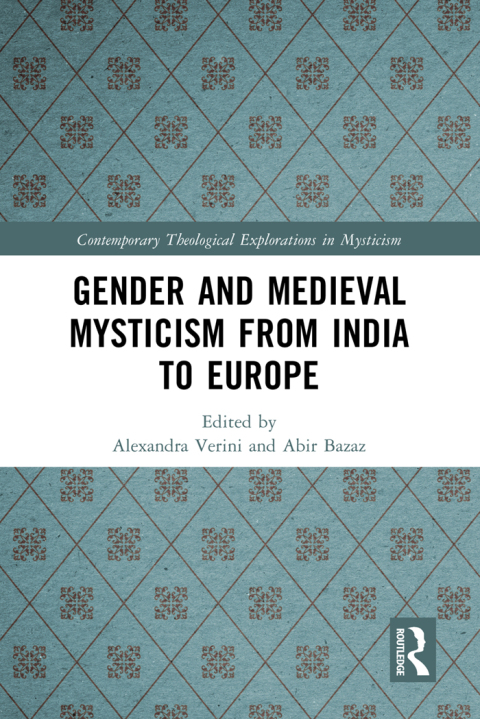

Most ebook files are in PDF format, so you can easily read them using various software such as Foxit Reader or directly on the Google Chrome browser.
Some ebook files are released by publishers in other formats such as .awz, .mobi, .epub, .fb2, etc. You may need to install specific software to read these formats on mobile/PC, such as Calibre.
Please read the tutorial at this link: https://ebookbell.com/faq
We offer FREE conversion to the popular formats you request; however, this may take some time. Therefore, right after payment, please email us, and we will try to provide the service as quickly as possible.
For some exceptional file formats or broken links (if any), please refrain from opening any disputes. Instead, email us first, and we will try to assist within a maximum of 6 hours.
EbookBell Team

4.7
106 reviewsconversation in a manner that takes inspiration from a perennialist approach to mysticism. However, we do not reproduce the assumption, represented by thinkers such as William James, R.C. Zaehner, F.C Happold, W.T. Stace, and Rudolf Otto, that all mysticism taps into a universal source. Rather, the essays in this volume echo a constructivist/contextualist assumption, as championed by Steven T. Katz (1978; 1983), that mysticism reflects its social circumstances. At the same time, we are far from suggesting that there is a single way to think about the relationship between history and mysticism or that it is not possible to forge valuable comparative connections across cultures.